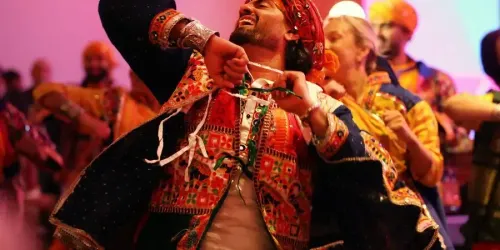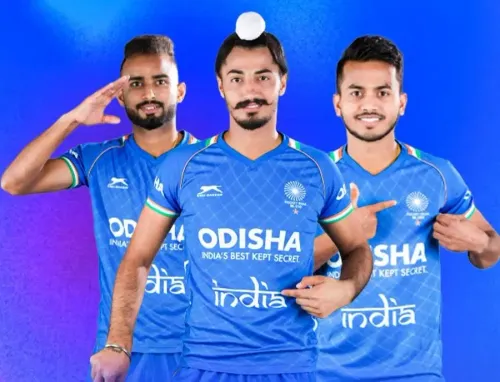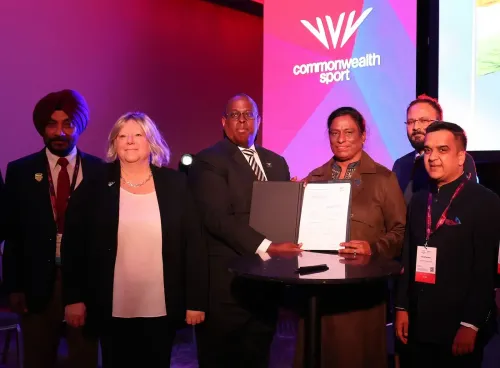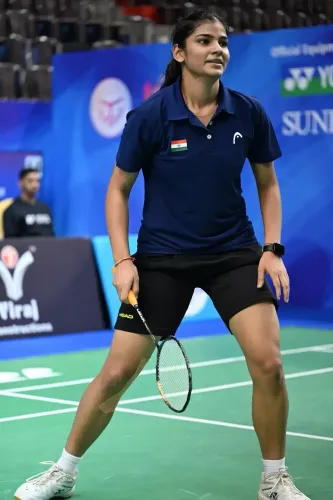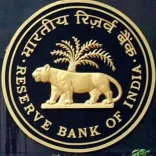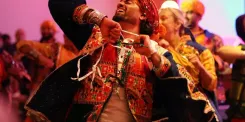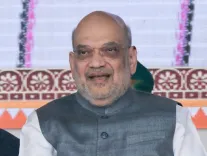Can Belief and Support Transform Female Athletes' Futures?
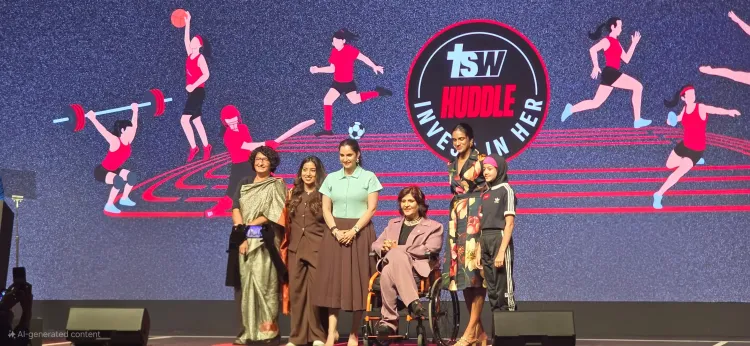
Synopsis
Key Takeaways
- Women's sports have evolved significantly since the 1997 World Cup.
- Corporate support is essential for the growth of female athletes.
- Female athletes must challenge societal stereotypes to thrive.
- Success stories can inspire future generations.
- Youth athletes are encouraged to embrace both wins and losses.
Mumbai, Aug 6 (NationPress) In 1997, the Indian women's cricket team earned just Rs 1000 as match fees during their World Cup campaign at home. Fast forward to 2025, the Women's Premier League (WPL) mini-auction saw Simran Shaikh fetching a whopping Rs 1.90 crore, while 16-year-old G Kamalini was bid at Rs 1.60 crore.
The media is increasingly spotlighting women's sports, with broadcasters showcasing female competitions even amidst premier men's events, as observed during the WPL 2025 which coincided with the men's Champions Trophy.
However, significant efforts are required to reshape societal views on women's sports, draw more viewers to broadcasts, and earn corporate sponsorships for women athletes.
This was the crux of a discussion at The Sports Women Huddle 2025 -- Invest in Her, hosted by Capri Sports Foundation, which oversees the WPL team UP Warriorz, Bengal Warriorz in Kro Kabaddi League, as well as a women's football team, Warriorz FC.
During a panel discussion on female athletes as influential market players and brand ambassadors, renowned doubles tennis Grand Slam champion Sania Mirza, two-time Olympic medallist P.V. Sindhu, 2016 Paralympic silver medallist Dr. Deepa Malik, and Atiqua Mir, the first Indian female racer to win the Micro Max category at the Rotax Max Challenge International Trophy (RMCIT) in Le Mans, shared their journeys overcoming challenges to achieve success and their vision for the growth of women's sports in India.
The panelists explored the evolving landscape with social media, enhanced corporate sponsorship, and increased attention on women's sports, emphasizing the need for further improvements to elevate female participation, shift narratives about their capabilities, and promote them as influential brand ambassadors.
Sania Mirza highlighted the necessity of changing societal perspectives towards female athletes, noting that while they are often expected to be demure, it is crucial for women to act like champions and demand the attention they deserve.
Sania remarked, "This is undeniably a man's world, particularly in Indian sports, where cricket reigns supreme. However, it is imperative for players to represent themselves authentically, rather than adapting to others' expectations."
She elaborated, "We have exceptional talents in this region, yet there is pressure to conform to the image of being humble. If one displays confidence, it is often misinterpreted as arrogance. Conversely, if one acts meekly, they are labeled as lacking ambition. Ultimately, it's about how you view yourself, not how others perceive you. The responsibility lies in representing oneself effectively to achieve success."
Sindhu concurred, stating that female athletes should focus on their passion for the sport rather than external judgments. "At the end of the day, we represent ourselves. Social media amplifies both triumphs and defeats, but what truly matters is our self-perception. If we allow others’ opinions to dictate our feelings, it can be detrimental to our journey," she explained.
Deepa Malik spoke about the evolving landscape for differently-abled athletes and emphasized the transformative impact of sporting success on communities, particularly when individuals from small towns and villages achieve recognition.
She shared, "Consider a disabled girl from a small village who wins a medal at the Paralympic Games; such success can redefine perspectives in the entire community, inspiring many to pursue sports. My own journey as the first Indian woman to medal in the 2016 Paralympics has paved the way for many others, as evidenced by the numerous medals won by women in the upcoming Paris 2024 Games."
Deepa also highlighted the crucial support that male partners provide to differently-abled athletes, citing her own need for assistance to participate effectively in competitions.
The trio of Sania, Deepa, and Sindhu offered insights to young athletes on managing pressure and setbacks as they transition from junior to senior levels, encouraging them to embrace losses as a part of growth. "Lose, lose, and lose so much that you eventually no longer lose anything," they advised.

